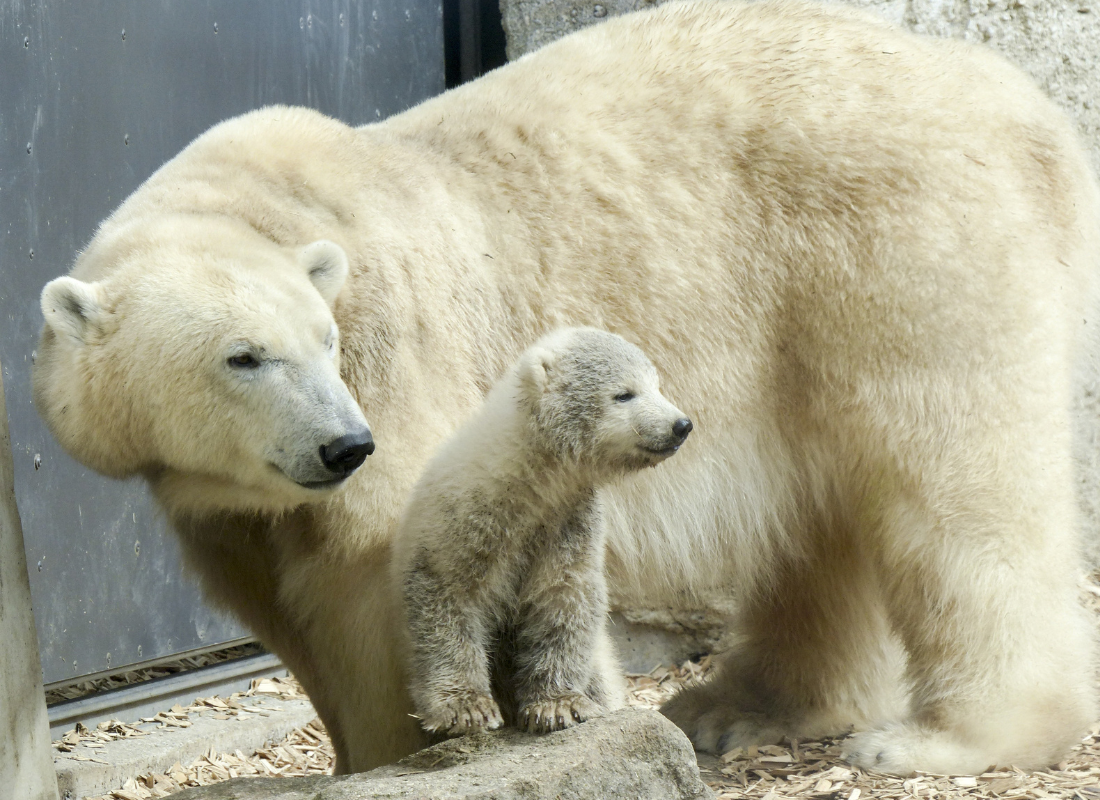
The world’s oceans are home to a vast array of marine life, from majestic whales and graceful sea turtles to colorful coral reefs and tiny plankton.
However, many of these marine animals are facing extinction due to human activities such as habitat destruction, pollution, overfishing, and climate change.
In this article, we will explore some of the most endangered marine animals and the urgent need for conservation efforts to protect these species from extinction.
Sea Turtles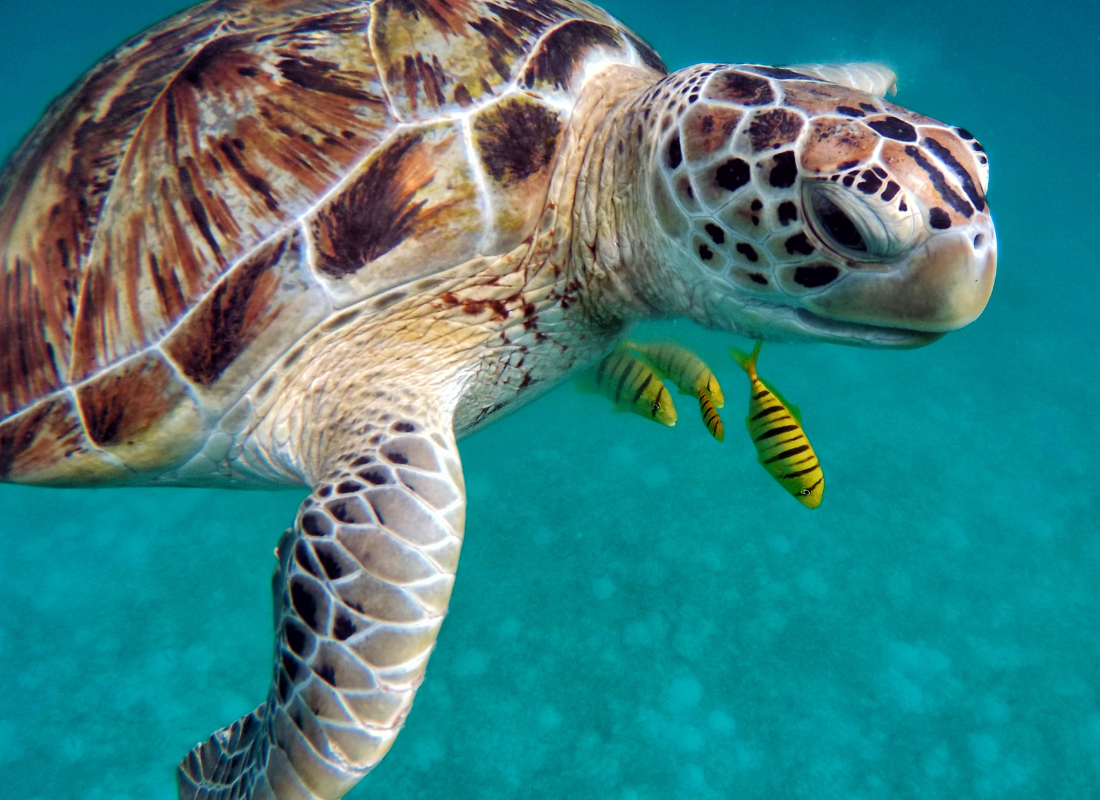
Sea turtles are iconic marine reptiles that have roamed the oceans for millions of years.
However, all seven species of sea turtles are now classified as endangered or critically endangered due to threats such as habitat loss, pollution, bycatch in fishing gear, and poaching for their eggs, meat, and shells.
Conservation efforts, including protected nesting beaches, turtle excluder devices (TEDs) in fishing gear, and international agreements such as the Convention on International Trade in Endangered Species (CITES), are critical for saving these ancient creatures from extinction.
Whales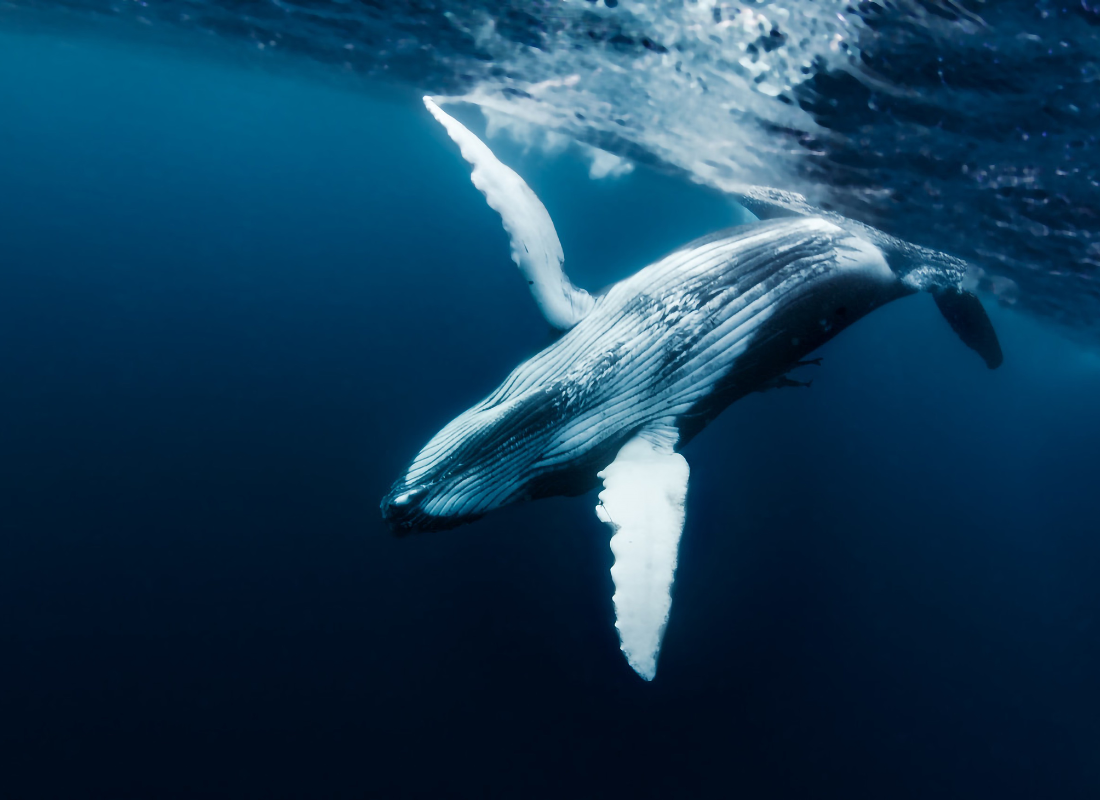
Whales, the largest animals on Earth, are facing numerous threats to their survival, including commercial whaling, entanglement in fishing gear, ship strikes, noise pollution, and habitat degradation.
Many whale species, including the blue whale, fin whale, and North Atlantic right whale, are classified as endangered or vulnerable.
International bans on commercial whaling and efforts to reduce ship strikes and fishing gear entanglement are essential for protecting these magnificent marine mammals and ensuring their survival in the world’s oceans.
Sharks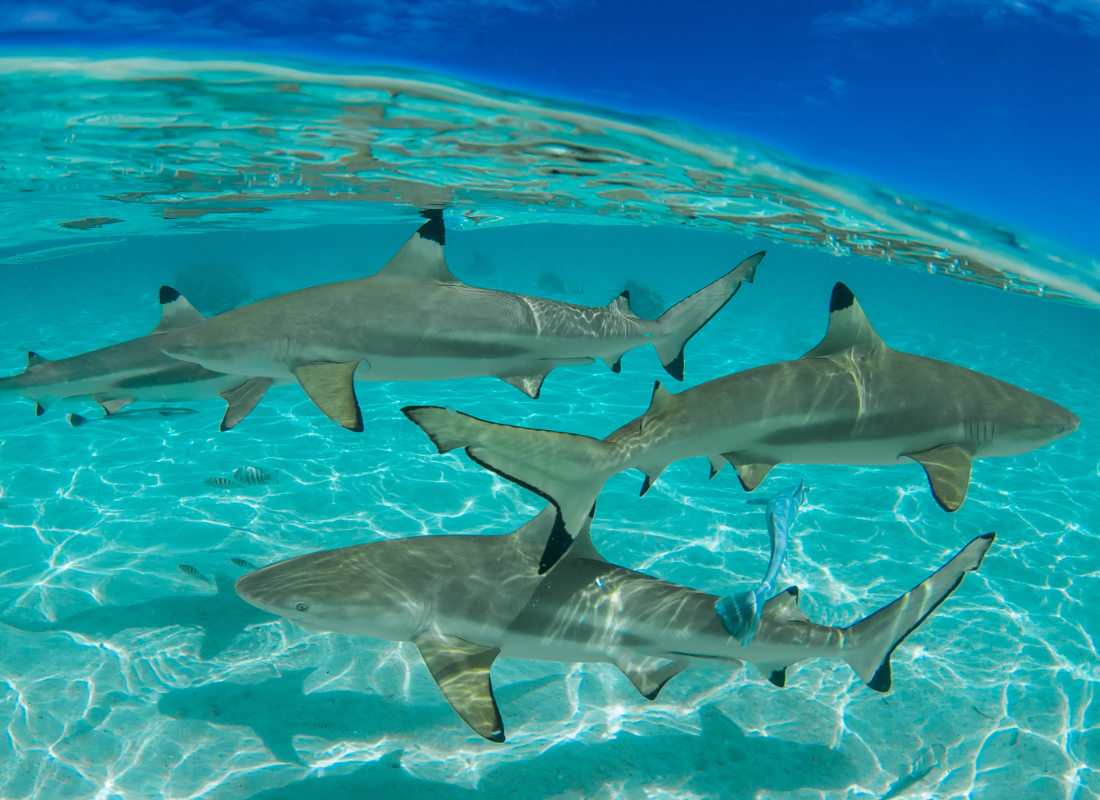
Sharks play a crucial role in maintaining the health and balance of marine ecosystems, but many shark species are now facing extinction due to overfishing, bycatch, habitat loss, and the demand for shark fin soup.
As apex predators, sharks are particularly vulnerable to population declines, which can have cascading effects on marine food webs.
Conservation measures such as shark sanctuaries, regulations on shark fishing and trade, and public awareness campaigns are essential for protecting these misunderstood creatures and preserving their vital ecological role.
Coral Reefs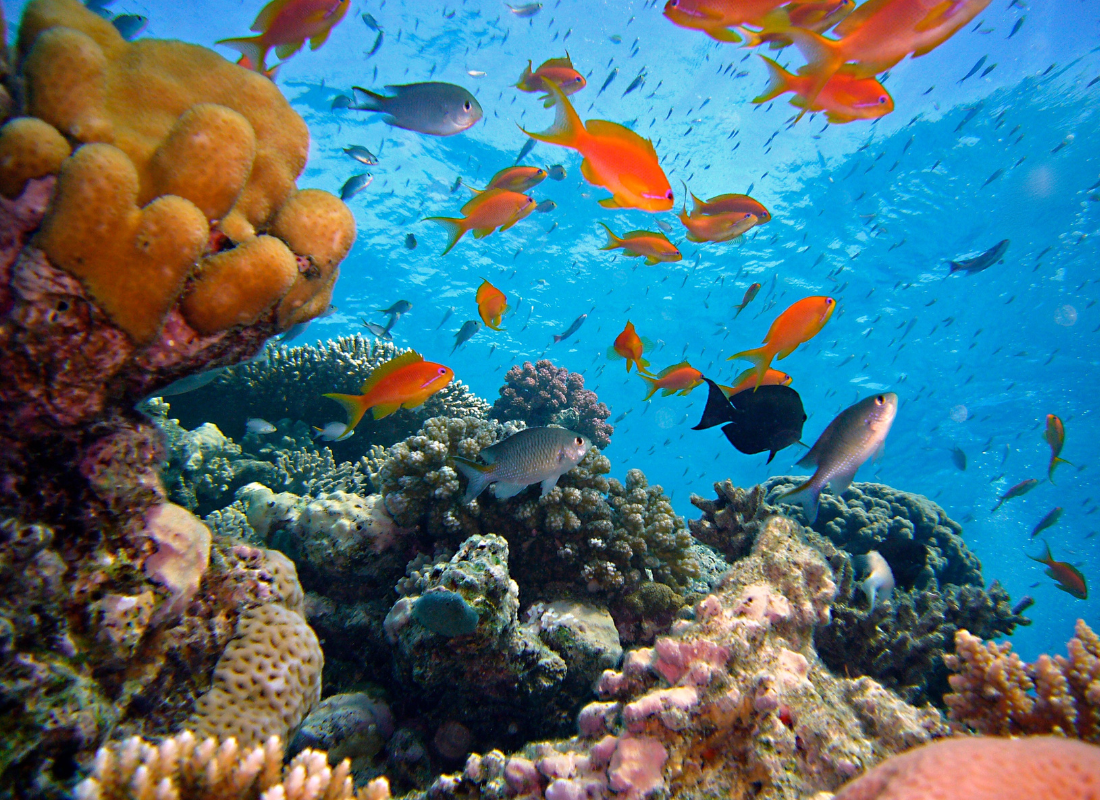
Coral reefs are among the most diverse and productive ecosystems on Earth, supporting a quarter of all marine species despite covering less than 1% of the ocean floor.
However, coral reefs are under threat from climate change, ocean acidification, overfishing, pollution, and destructive fishing practices.
As a result, coral reefs are experiencing widespread bleaching events, coral disease outbreaks, and habitat loss, leading to declines in fish populations and the loss of valuable ecosystem services.
Conservation efforts, including marine protected areas, coral restoration projects, and reducing carbon emissions, are critical for saving these vibrant and essential marine habitats.
Seabirds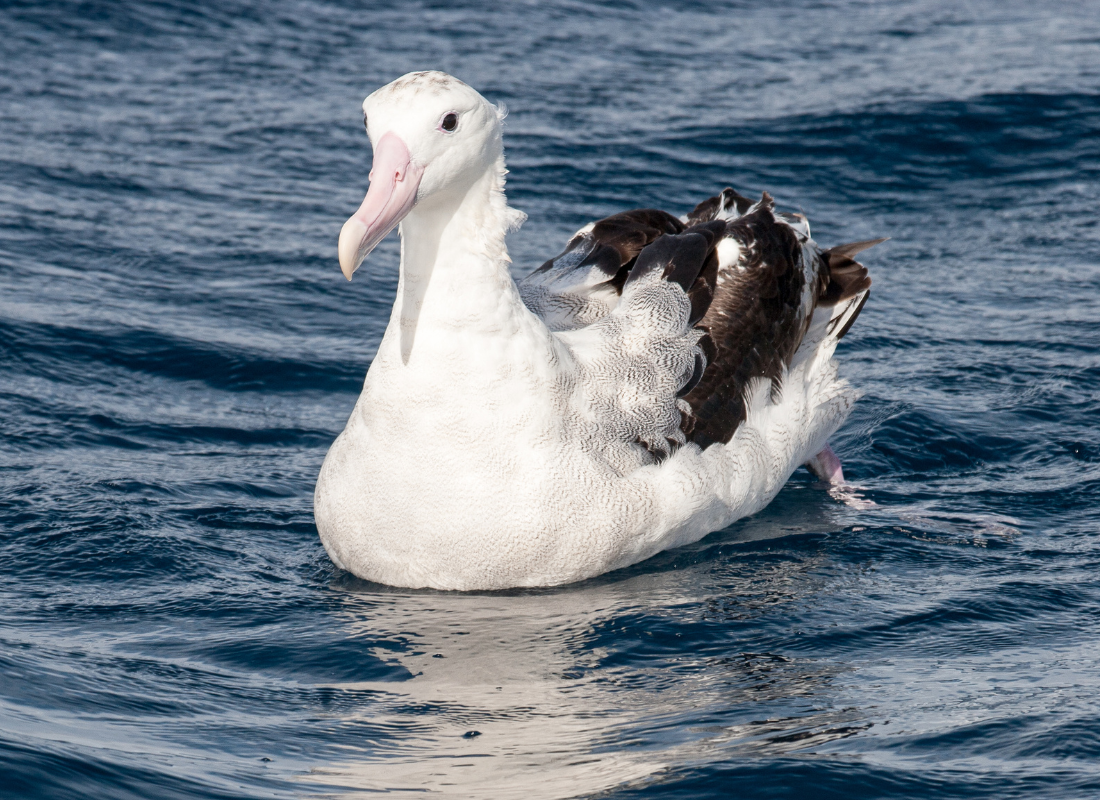
Seabirds, including albatrosses, petrels, and puffins, are facing multiple threats to their survival, including habitat destruction, pollution, overfishing, and climate change.
Many seabird species are declining due to the loss of nesting sites, entanglement in fishing gear, ingestion of plastic debris, and changes in prey availability.
Conservation measures such as protected breeding colonies, reducing plastic pollution, and sustainable fisheries management are essential for protecting these charismatic birds and ensuring their continued presence in the world’s oceans.
Conclusion
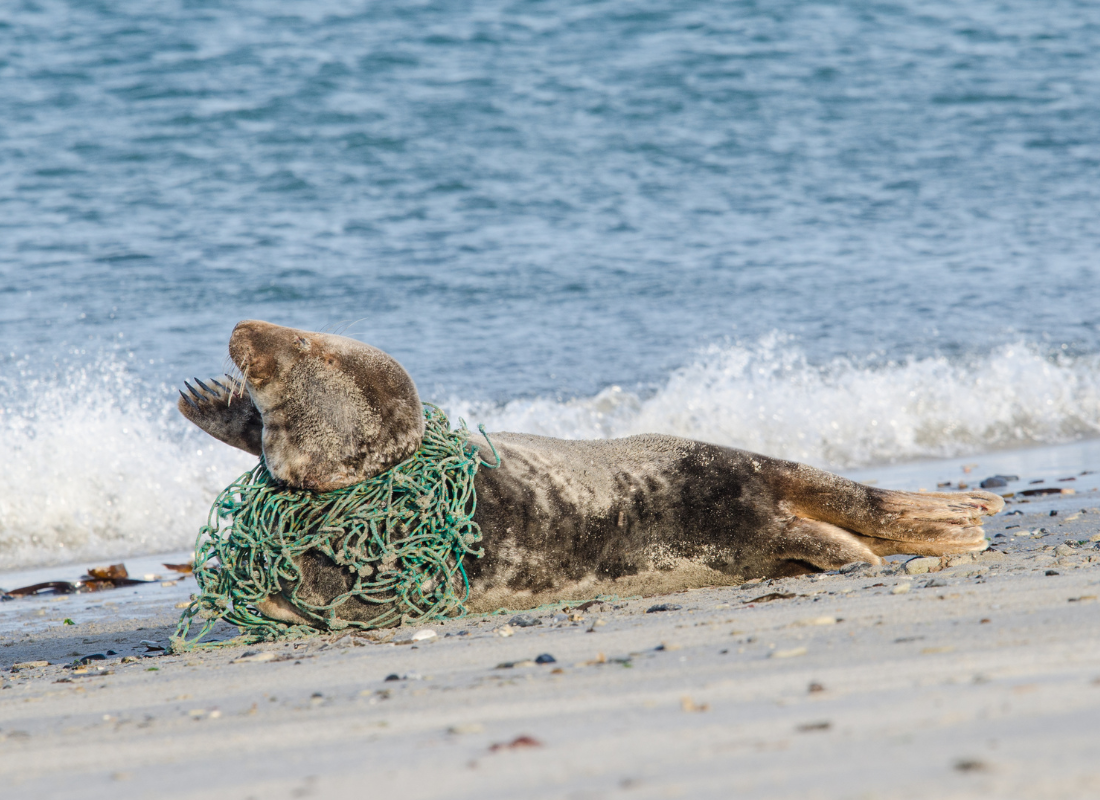
The plight of endangered marine animals highlights the urgent need for conservation action to protect these vulnerable species and their habitats.
From sea turtles and whales to sharks, coral reefs, and seabirds, marine animals face numerous threats to their survival, many of which are caused by human activities.
However, by implementing effective conservation measures such as protected areas, sustainable fishing practices, reduced pollution, and climate change mitigation, we can work together to save these iconic creatures and ensure a healthy and thriving marine ecosystem for generations to come.
As guardians of the deep, it is our responsibility to protect and preserve the incredible diversity of marine life that enriches our oceans and sustains life on Earth.




